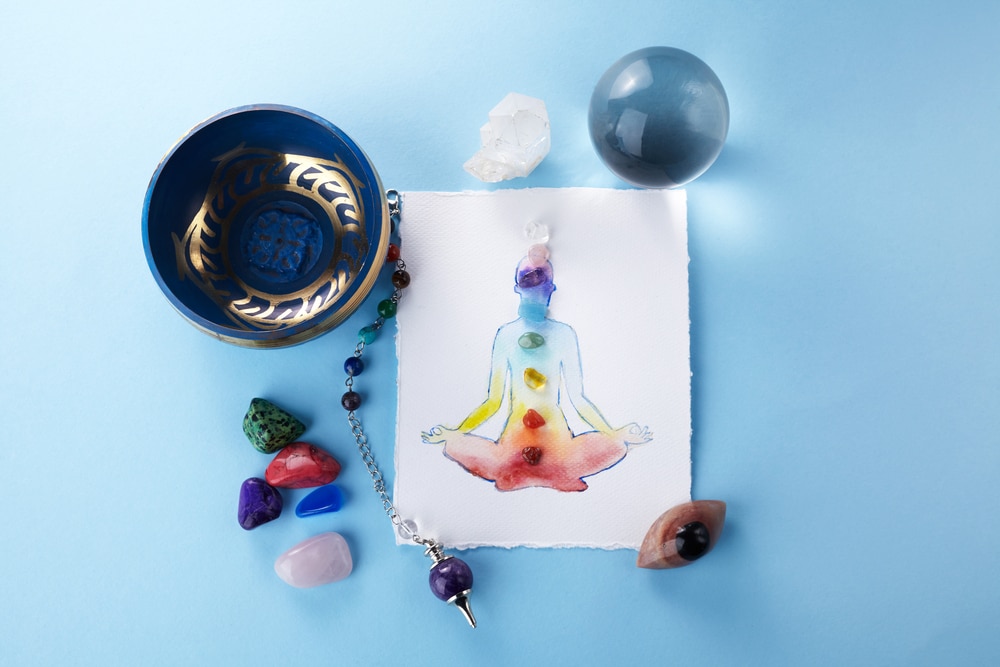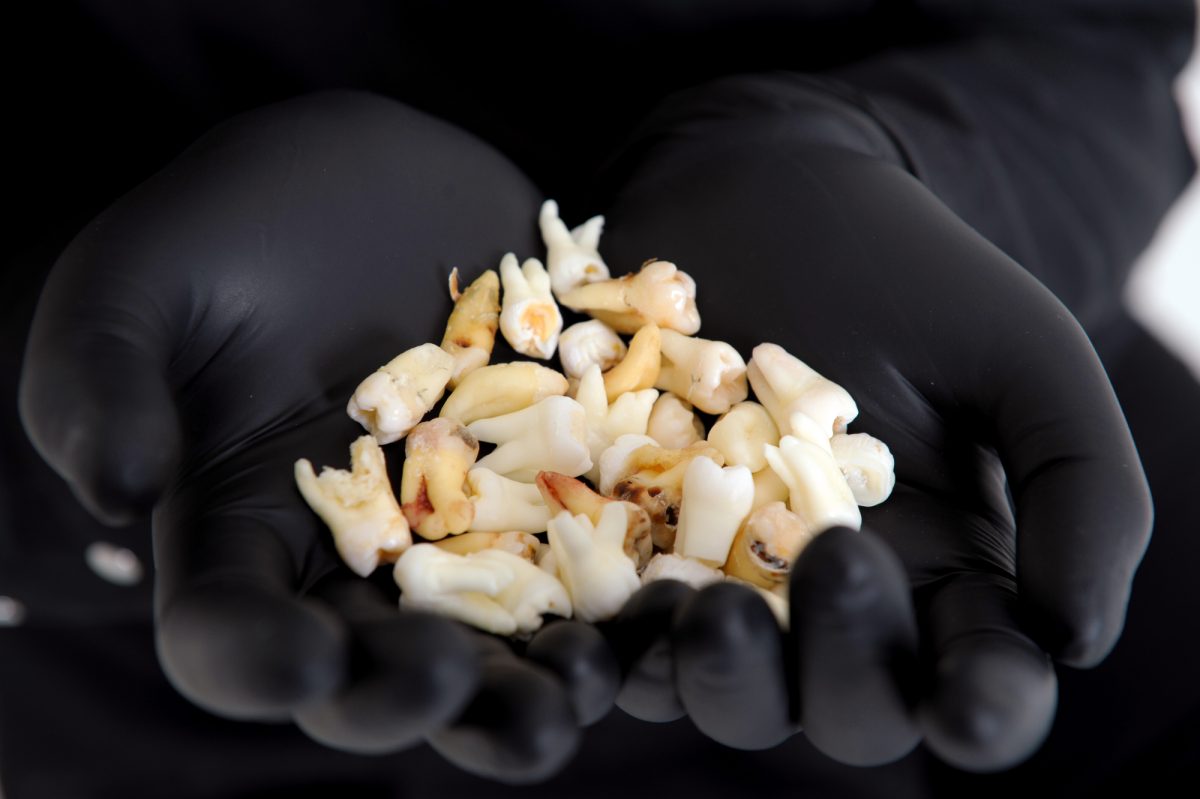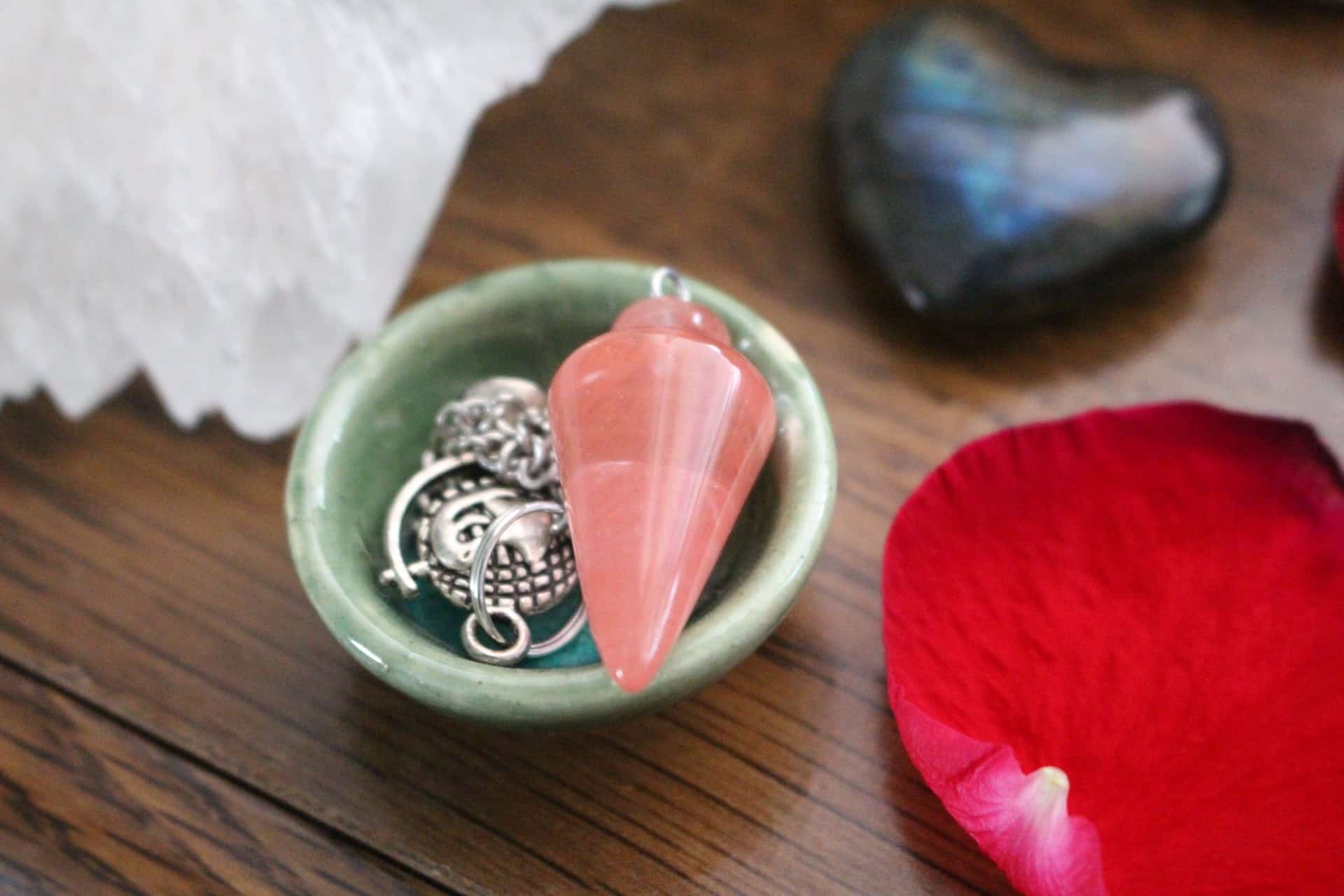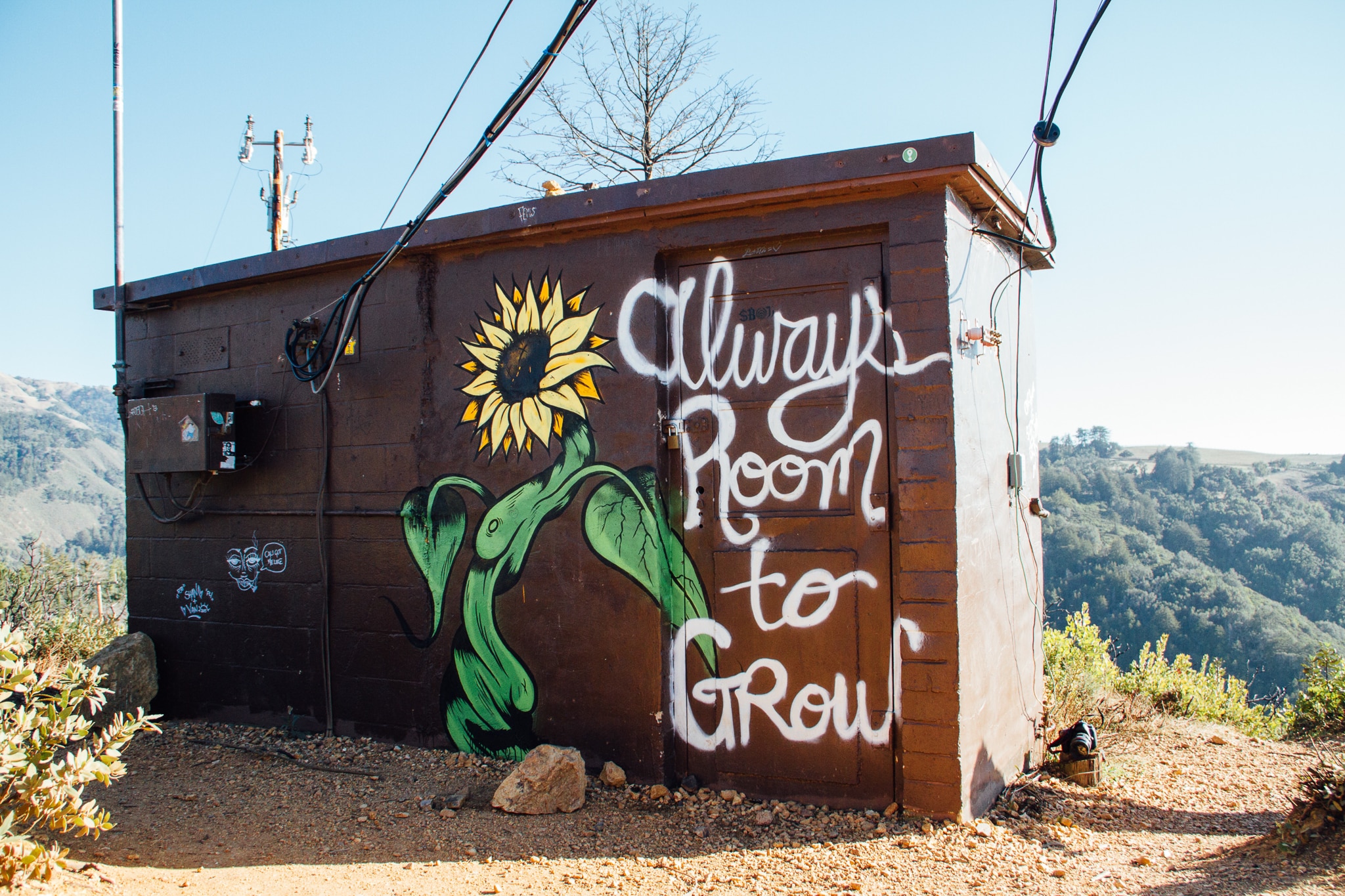Embracing the Shinto Kami: Connecting with the Sacred Spirits of Japanese Tradition
Embark on a spiritual journey through the fascinating world of Japanese Shintoism and connect with the divine energies of the kami.
The kami are sacred spirits that play an essential role in the lives and beliefs of those who practice Shintoism, offering wisdom, guidance, and a unique connection to nature.
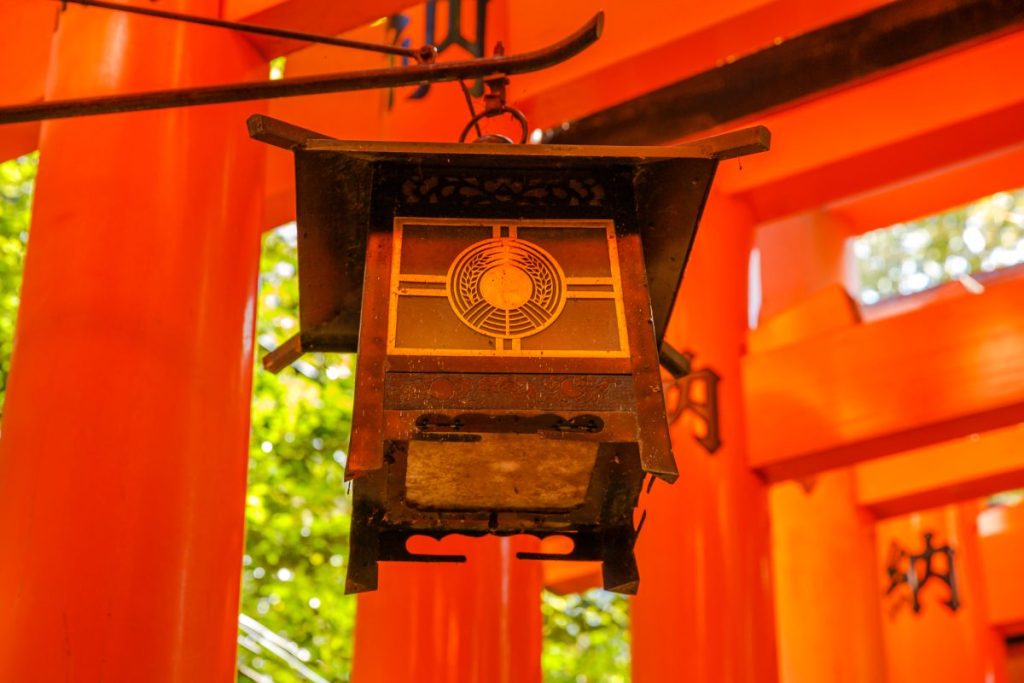
Table of Contents
A Brief Overview of Shinto Kami
Shintoism is the indigenous religion of Japan, with a rich history and a profound connection to the natural world. The kami are spiritual beings that are believed to inhabit all aspects of the natural environment, from rivers and mountains to trees and animals.
By connecting with these powerful spirits, you can tap into the deep reverence for nature at the heart of Shintoism and draw from their divine wisdom.
Prominent Shinto Kami and Their Attributes
In this section, we’ll explore some of the most prominent Shinto kami you can work with in your spiritual practice. Each kami has unique attributes and associations, which can guide you in selecting the perfect divine connection for your journey.
Amaterasu: The Sun Goddess
Amaterasu is the goddess of the sun in Shinto mythology and is considered the most important kami. By working with Amaterasu, you can connect with the life-giving energy of the sun and cultivate a sense of warmth, vitality, and illumination.
Susano-o: The Storm God
Susano-o is the god of storms and seas in Shinto mythology. He is known for his powerful and sometimes unpredictable nature. By working with Susano-o, you can tap into the transformative power of storms and develop resilience in the face of challenges.
Inari: The Kami of Agriculture and Prosperity
Inari is the kami of agriculture, rice, and prosperity in Shinto mythology. They are known for their ability to bring about abundance and success. By working with Inari, you can cultivate growth, prosperity, and a deeper connection to the earth.
Hachiman: The God of War and Archery
Hachiman is the god of war, archery, and martial arts in Shinto mythology. He is known for his wisdom, courage, and protection. By working with Hachiman, you can develop your inner strength, courage, and strategic thinking.
Benzaiten: The Goddess of Knowledge and Art
Benzaiten is the goddess of knowledge, art, and beauty in Shinto mythology. She is known for her wisdom, creativity, and grace. By working with Benzaiten, you can develop your intellect, embrace your inner creativity, and cultivate an appreciation for beauty.
Incorporating Shinto Kami into Your Spiritual Practice
Once you’ve chosen a Shinto kami to work with, there are several ways to incorporate their energies into your spiritual practice. Here are a few suggestions:
- Study their mythology: Learn about the stories, symbols, and attributes associated with your chosen kami to deepen your connection and understanding.
- Meditation and prayer: Connect with your chosen kami through meditation, visualization, and prayer. Communicate your intentions, gratitude, and requests for guidance.
- Offerings and rituals: Present offerings, such as food, flowers, or incense, and perform rituals to honor and strengthen your bond with the kami. Research traditional offerings and practices associated with your chosen kami and consider incorporating them into your practice.
- Shrines: Create a sacred space or shrine in your home, dedicated to your chosen kami. Include their symbols, representations, and offerings. Keep the shrine clean and well-maintained to show respect and devotion.
- Connect with others: Join online forums or spiritual communities focused on Shintoism and the kami to share your experiences, learn from others, and find support and encouragement.
By embracing the divine energies of the Shinto kami, you can enrich your spiritual journey and connect with the timeless wisdom of these sacred spirits. Explore their attributes, forge a relationship with the kami that resonates with you, and let their divine guidance illuminate your path.
As you engage with Shinto spirituality and the kami, it’s essential to approach these practices with respect and sensitivity, acknowledging their cultural origins and the significance they hold for practitioners. Always be open to learning from authentic sources, and consider engaging with the guidance and teachings of experienced practitioners and elders within the Shinto community.
Remember that Shintoism places a strong emphasis on the connection between humans and nature. As you incorporate the kami into your spiritual practice, make an effort to cultivate a deeper appreciation for the natural world around you.
Engage in practices such as spending time outdoors, caring for plants and animals, and participating in environmental conservation efforts to further strengthen your bond with the sacred spirits of the Shinto tradition.

